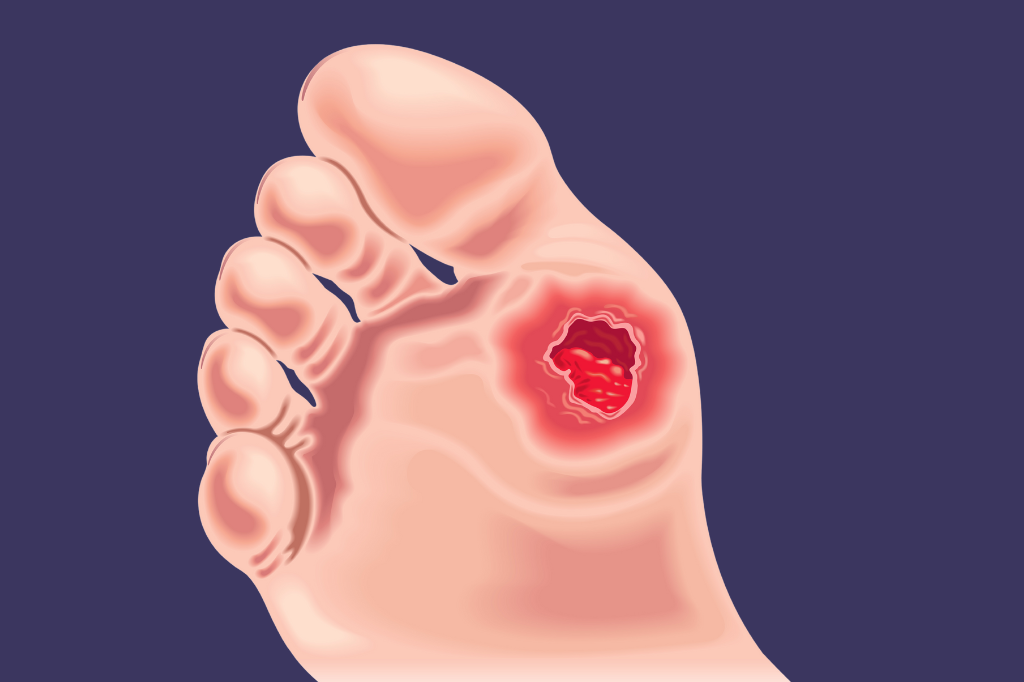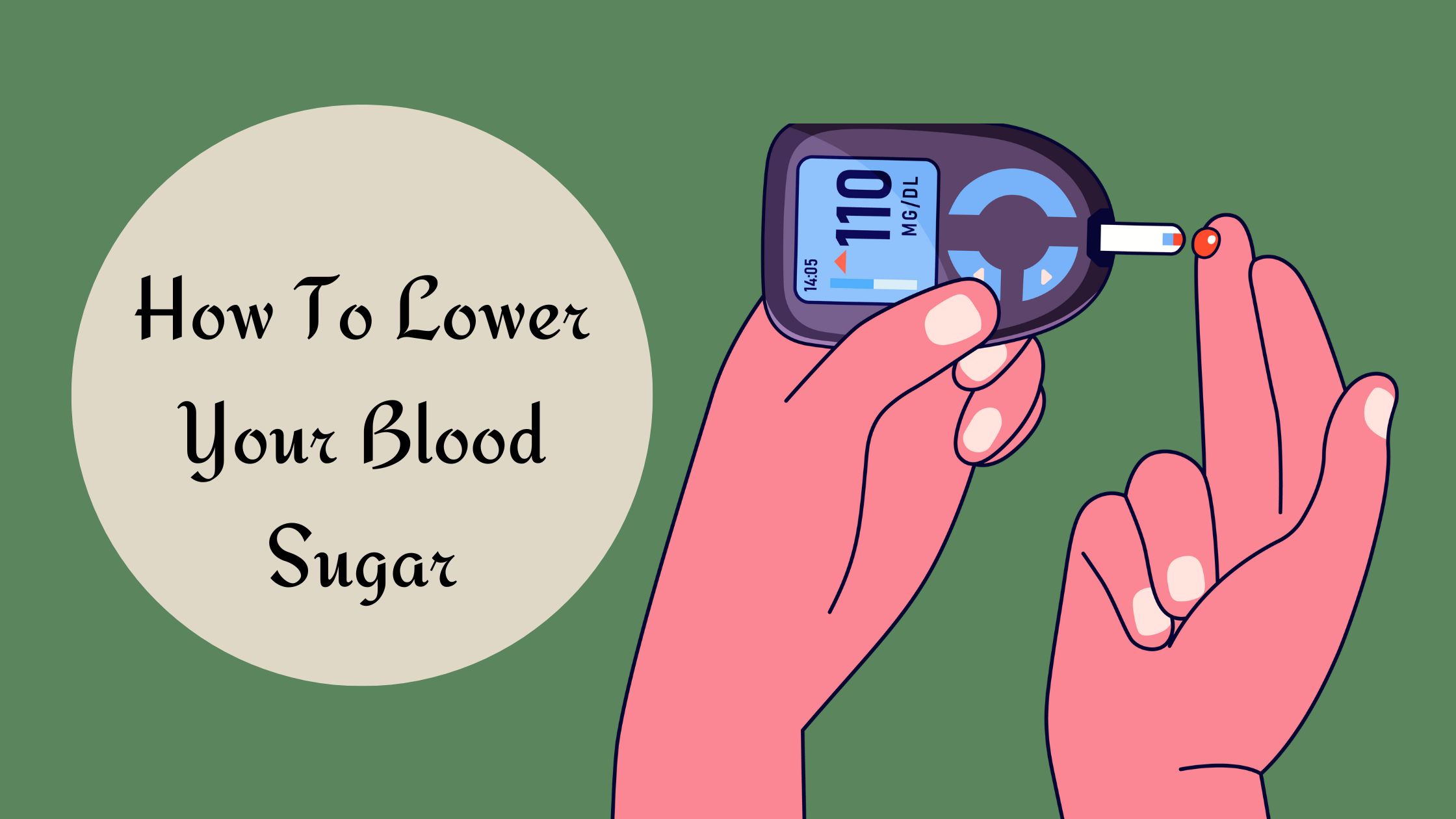9 Symptoms of Prediabetes You Shouldn’t Ignore
Prediabetes is one of those conditions that often flies under the radar. Most people are familiar with diabetes, but when it comes to prediabetes, many aren’t even aware they have it. The Centers for Disease Control and Prevention (CDC) estimates that 1 in 3 Americans have prediabetes. The tricky part is that prediabetes often doesn’t scream for attention with glaring symptoms.
Why you should pay attention to prediabetes? Let’s cut to the chase—prediabetes isn’t just some minor inconvenience. It’s a wake-up call from your body. If left unchecked, prediabetes can progress into type 2 diabetes, along with increasing your odds of heart disease and stroke. The good news? It’s reversible. But you need to know the signs to take action. Here are nine symptoms of prediabetes you shouldn’t ignore.

1. You’re Thirstier Than Usual
If you’re suddenly downing more water than usual, it’s not something to brush off. When blood sugar levels climb, your body pulls fluids from your tissues to balance things out. This leaves you feeling parched, no matter how much water you drink. Consequently, if you find yourself constantly thirsty, it’s time to look closely at what might be happening.
2. Frequent Bathroom Trips Are Becoming a Norm
Increased thirst often leads to frequent urination. But it’s not just the extra water you’re drinking. High blood sugar makes your kidneys work overtime to filter out the excess, which means more trips to the bathroom. Hence, If you’re getting up multiple times a night to pee, that’s a sign your body is struggling to maintain balance.
3. You’re Hungry All the Time
It’s one thing to feel hungry when you haven’t eaten in a while, but if you’re constantly hungry—even after a meal—that’s a red flag. With prediabetes, your body’s ability to use insulin effectively is compromised, which means glucose isn’t getting into your cells for energy. Your body thinks it’s starving, so it signals you to eat more, even though you’ve just eaten.
4. You’re Losing Weight Without Trying
Unintentional weight loss might sound like a bonus, but it can be a serious sign of something wrong. When your body can’t use glucose for energy, it starts breaking down muscle and fat instead. Consequently, if you notice the pounds dropping off without changing your diet or exercise routine, it’s time to have a conversation with your doctor.
5. You Notice Dark Patches of Skin
One of the more visible signs of prediabetes is the development of dark, velvety patches of skin, known as acanthosis nigricans. These patches usually show up in areas like your neck, armpits, or groin. They’re a sign that your body is becoming resistant to insulin, which is a hallmark of prediabetes.
6. You’re Tired All the Time
We all get tired, but if you’re feeling worn out all the time, it might be more than just a busy schedule. Chronic fatigue can be a symptom of prediabetes. When your body struggles to use glucose properly, your energy levels take a hit, leaving you feeling drained no matter how much rest you get.
7. Your Vision is Getting Blurry
Blurred vision can be another sign that your blood sugar levels are out of whack. High blood sugar can cause the lens of your eye to swell, leading to changes in your vision. If you’re noticing that things aren’t as clear as they used to be, it’s worth getting checked out—don’t just chalk it up to aging.
8. You’re Dealing with More Infections
If you’re finding yourself getting sick more often, or if cuts and bruises are taking longer to heal, your immune system might not be functioning at full strength. Prediabetes can weaken your immune response, making it harder for your body to fight off infections.
9. You Feel Tingling or Numbness in Your Hands and Feet
Tingling or numbness in your hands and feet, known as peripheral neuropathy, can be an early indication of nerve damage due to high blood sugar. If you’re experiencing these sensations, especially if they’re persistent, it’s a sign that your blood sugar levels might be too high.
What to Do If These Symptoms Sound Familiar
If any of these symptoms are hitting close to home, it’s time to take them seriously. Prediabetes doesn’t always announce itself with loud, obvious symptoms, which is why regular check-ups and blood sugar tests are crucial. The earlier you catch it, the easier it is to turn things around.
Don’t wait for things to get worse. If you’re at risk or noticing symptoms, making some lifestyle changes now can help you get your blood sugar levels under control. This might mean adjusting your diet, getting more exercise, and managing your weight. Sometimes, your doctor may recommend medications to help keep your blood sugar in check.






